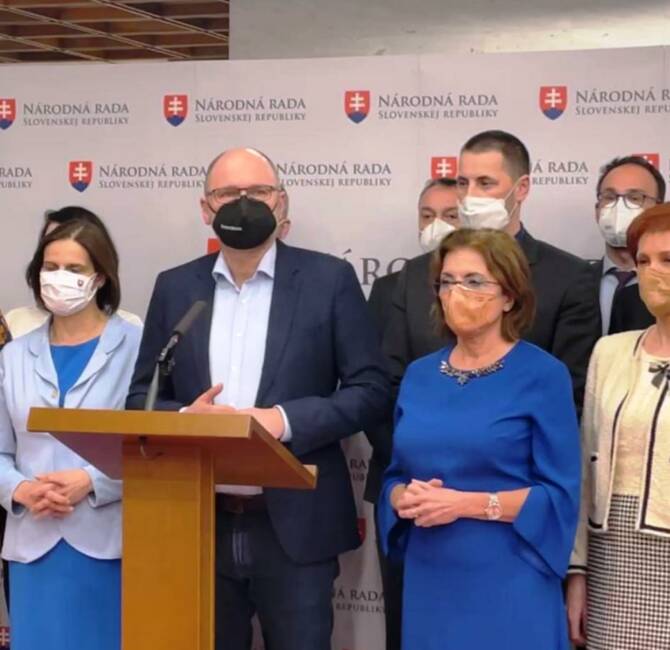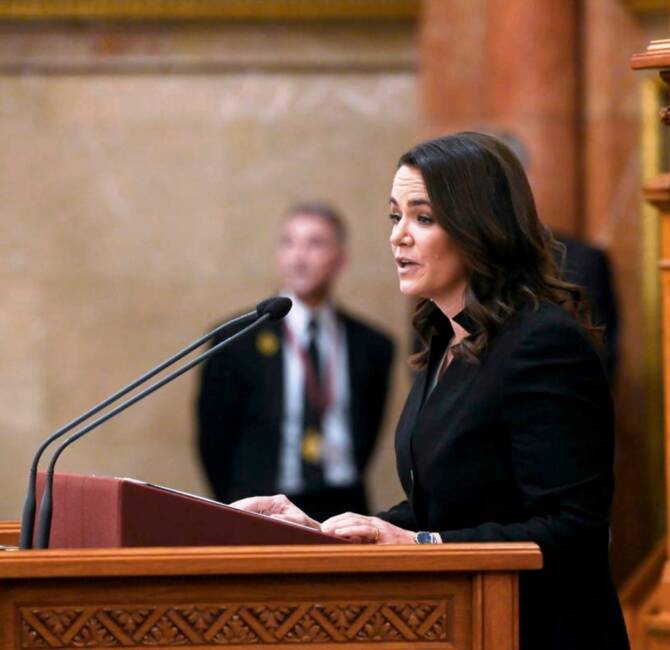Poland/Czech Republic – The Czech-Polish negotiations over the Turów open-pit mine do not seem to be leading to an amicable solution as quickly as Poland would like. After announcing – somewhat hastily – on 25 May that he had reached an agreement with his Czech counterpart, Andrej Babiš, Polish Prime Minister Mateusz Morawiecki was quickly disappointed.
Czech-Polish conflict over the Turów mine
On 21 May, the European Court of Justice (ECJ) issued an interim order requiring Poland to suspend the operation of its lignite mine, which is located on the border between the two countries and is said by the Czechs to cause environmental damage in the Czech Republic, where it allegedly endangers water reserves. As Poland refused to comply, at the beginning of June Prague turned again to the ECJ to ask for sanctions against Poland to force it to comply. The Turów mine is of vital importance for Polish electricity production, and the Polish government is adamant it will not interrupt its operation.
Poland sanctioned by the ECJ
In September, in the midst of their parliamentary election campaign, the Czechs persuaded the ECJ to order Poland to pay a penalty of €500,000 per day until the Turów mine ceases its operations. This new legal victory for Prague has severely shaken the traditionally good relations between the two countries, with Polish Prime Minister Mateusz Morawiecki cancelling his participation in the Budapest Demographic Summit because of Babiš’s presence and announcing the suspension of his participation in the meetings of the Visegrád Group (V4) for as long as this conflict remains unresolved:
“Disconnecting the Turów mine would deprive millions of families of electricity. This is something we cannot accept (…) We wanted to reach an agreement with the Czech Republic, but there was a complete lack of good will on the Czech side.”,
Morawiecki stated.
Following their election defeat, the Babiš government is moving on with business as usual
In the meantime, the Czech parliamentary elections have taken place and Andrej Babiš will no longer have a majority to form a new government, as his ANO party’s social-democratic and communist allies are no longer represented in the Chamber of Deputies. The Czech government is now conducting day-to-day business, while negotiations between the two opposition coalitions – the SPOLU (centre-right and liberal) and the PirSTAN (anti-globalization and independents) – have not yet resulted in the formation of a new government. The situation is likely to last a little longer than was expected, as President Miloš Zeman is in hospital and currently unable to carry out his duties. These will have to be taken over in part by the speaker of the Chamber of Deputies.
The Czech-Polish negotiations have therefore come to a halt and, in the absence of an amicable agreement between Prague and Warsaw, the ECJ’s interim order remains in force until the judgment on its merits, which could take some months. Poland’s refusal to close down a mine so important to its energy system on the basis of an interim order issued by a single ECJ judge is one more cause for tension between Warsaw and Brussels.
What applies to Turów must also apply elsewhere…
But the Turów site is not the only open-pit mine in the region. The Jänschwalde mine is another, and it covers some 80 km² (compared with only 24 km² for Turów). It is located in Brandenburg (Germany), not far from the Oder River marking the border with Poland, and it happens to be operated by a Czech company (EPH). It is emitting environmental pollution in the two neighbouring Polish municipalities of Brody and Gubin (Lubusz voivodship), where the inhabitants have also reported a significant drop in the water table. The Polish Ministry of the Environment has now commissioned a detailed study of the Jänschwalde mine’s environmental impact. According to the mayor of Gubin, Zbigniew Barski, Poland should also file a complaint against the Czech Republic in the same way as the Czechs have done against Poland:
“It cannot be true that we are harming the Czechs and that the Czechs are not harming us. Today, the owner of the Jänschwalde mine is a Czech company.
This mine is due to be closed by 2023, but the damage dates back to the GDR era.
We can certainly demonstrate to the EU that the issue of the conflict around Turów is not a one-way problem”,
he said. His counterpart from Brody, Ryszard Kowalczuk, agrees and explained that the mine on the German side has had a negative impact on the environment in the Polish border communities for several years:
“Since we’re the bad guys for taking someone’s water because we’re mining coal, we need to show that it’s a connected system. If our mine in Turów creates a depression crater, the same depression crater affects the Polish side as a result of coal mining on the German side.”
On the other hand, while the Jänschwalde mine is to cease operating in 2023, evidence of its harmful environmental impact could also help strengthen the Czech case against the Turów mine.




